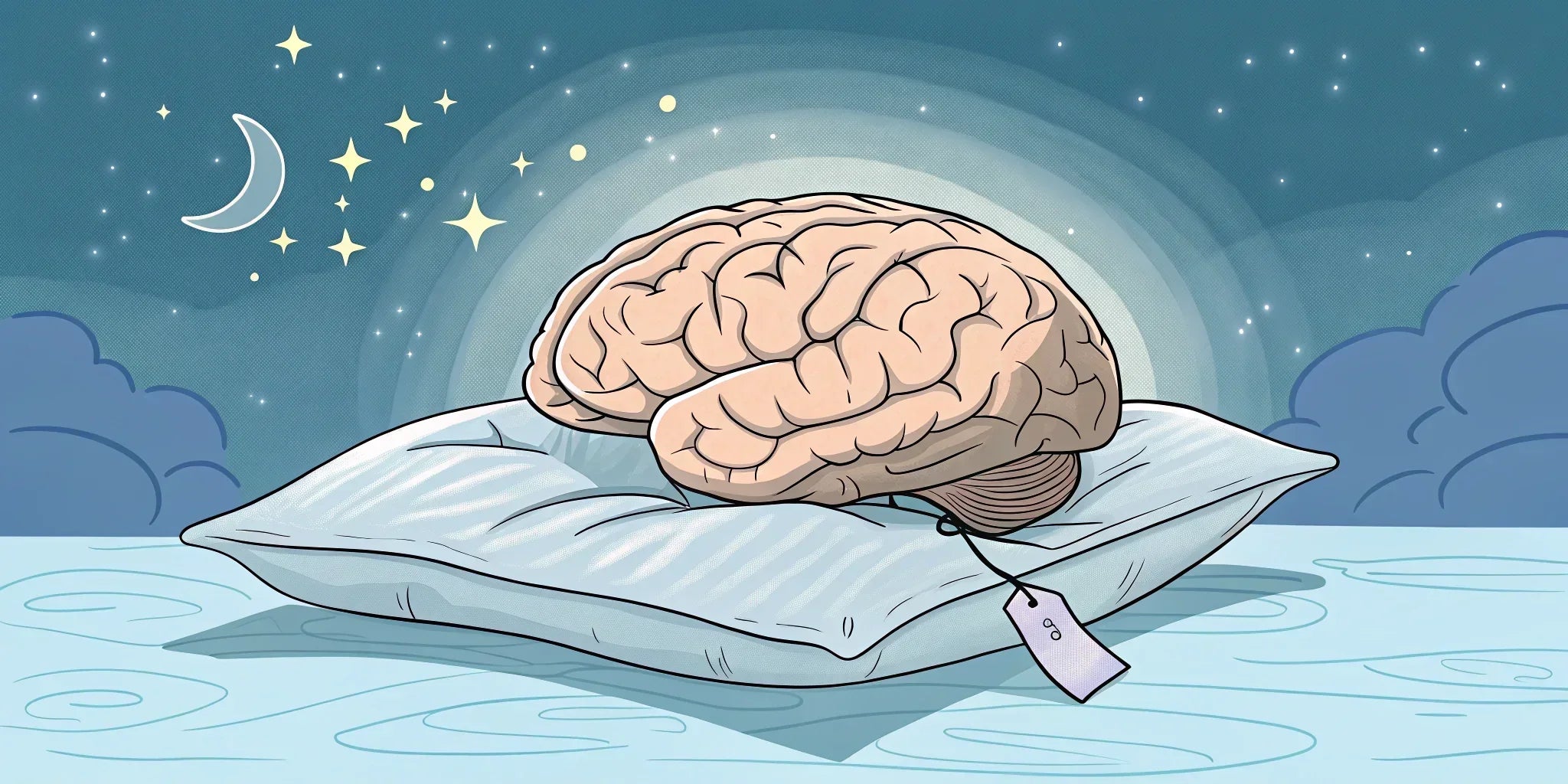Sleep is something we all need, yet so many of us struggle to get enough of it. A lack of rest is more than simply feeling tired; it can have a considerable impact on our mental health, stress levels, and overall mood. Understanding how sleep deprivation affects mental health is crucial to maintaining a balanced and fulfilling life.
The Importance of Sleep
Adequate sleep is vital for physical health, but its importance for mental well-being should not be overlooked. During sleep, our bodies and minds go through processes that refresh and rejuvenate us. It’s during this period that our brains process information, make connections between experiences, and manage emotions. Sleep is a time for healing, and without it, we may not function at our best.
-
Cognitive Function: Sleep improves concentration, productivity, and cognition. It allows the brain to optimize nerve cells, supporting communication and memory retention.
-
Emotional Resilience: A well-rested mind is better equipped to handle stress and emotional challenges, contributing significantly to our general outlook on life.
How Sleep Deprivation Affects Mental Health
Lack of sleep is not just an inconvenience; it's a serious issue with a wide-reaching impact on mental health. Studies have directly linked sleep deprivation to mental health disorders, emphasizing the importance of sleep hygiene in prevention and treatment.
Sleep and Mood Disorders
Sleep deprivation affects mental health by increasing the risk of mood disorders. When we lack sleep:
-
Irritability: Insufficient rest often leads to irritability and mood swings, affecting personal and professional relationships.
-
Depression and Anxiety: Chronic lack of sleep may contribute to symptoms of depression and anxiety, decreasing an individual’s ability to manage stress and emotional challenges.
Sleep disruptions often occur in tandem with these disorders, creating a vicious cycle that's difficult to break. Addressing sleep issues can therefore help individuals manage and perhaps lessen the severity of these mental health concerns.
Impact on Stress Levels
High stress levels are both a result of and a contributor to poor sleep. Lack of sleep increases the production of cortisol, the body’s primary stress hormone, creating heightened stress responses. This biological reaction can exacerbate feelings of anxiety and tension, leading to further sleep issues, enhancing the cycle of stress and insomnia.
Moreover, sleep deprivation can make daily tasks seem more daunting, making it harder to cope with normal stressors effectively. Addressing sleep patterns can lead to better stress management and coping strategies.
The Physical Connection to Mental Health
Our physical and mental health are intertwined; what affects one often impacts the other. Sleep deficiency can strain this relationship, manifesting through physical symptoms that indirectly influence mental health.
The Role of Neurotransmitters
Sleep influences the production of neurotransmitters like serotonin and dopamine, which regulate mood and behavior. Disruption in sleep can affect the balance and effectiveness of these chemicals, impacting mood stability and leading to emotional distress.
Physical Activity and Recovery
Physical activity is a cornerstone for maintaining mental health, and sleep plays a critical role in recovery. Without adequate rest, the body cannot repair tissues or build muscle effectively. This not only affects physical performance but also mental and emotional health, since exercise is a natural mood booster.
Practical Tips for Better Sleep
Enhancing sleep quality doesn't always require drastic measures. Simple lifestyle adjustments can significantly improve sleep hygiene, leading to better mental health outcomes.
-
Maintain a Regular Sleep Schedule: Going to bed and waking up at the same time each day helps regulate the body’s internal clock.
-
Create a Restful Environment: A comfortable, quiet, and dark bedroom can promote restful sleep. Consider blackout curtains and sound machines if needed.
-
Limit Blue Light Exposure: Reducing screen time before bed can improve sleep quality, as blue light can interfere with melatonin production.
-
Exercise Regularly: Regular physical activity, particularly aerobic exercise, promotes faster, deeper sleep cycles.
-
Mind Relaxation: Practices like meditation and deep-breathing exercises can prepare the mind for restful sleep by reducing tension and stress.
Seeking Professional Help
If sleep problems persist despite making lifestyle adjustments, it could be beneficial to seek professional help. Sleep specialists can diagnose and treat sleep disorders, while therapists can address underlying psychological issues that may be affecting sleep.
Cognitive Behavioral Therapy for Insomnia (CBT-I)
CBT-I is a structured, evidence-based therapy designed specifically for treating chronic sleep disorders without medication. It helps address thoughts and behaviors that compromise good sleep, leading to long-term improvement.
Conclusion
The link between sleep, mental health, stress, and mood is undeniable. Making sleep a priority by adopting healthy sleep habits can deeply improve mental health and emotional resilience. If you’re struggling with sleep deprivation that affects mental health, consider the benefits of seeking help and making lifestyle changes to enhance your wellbeing. Your mind will thank you!


